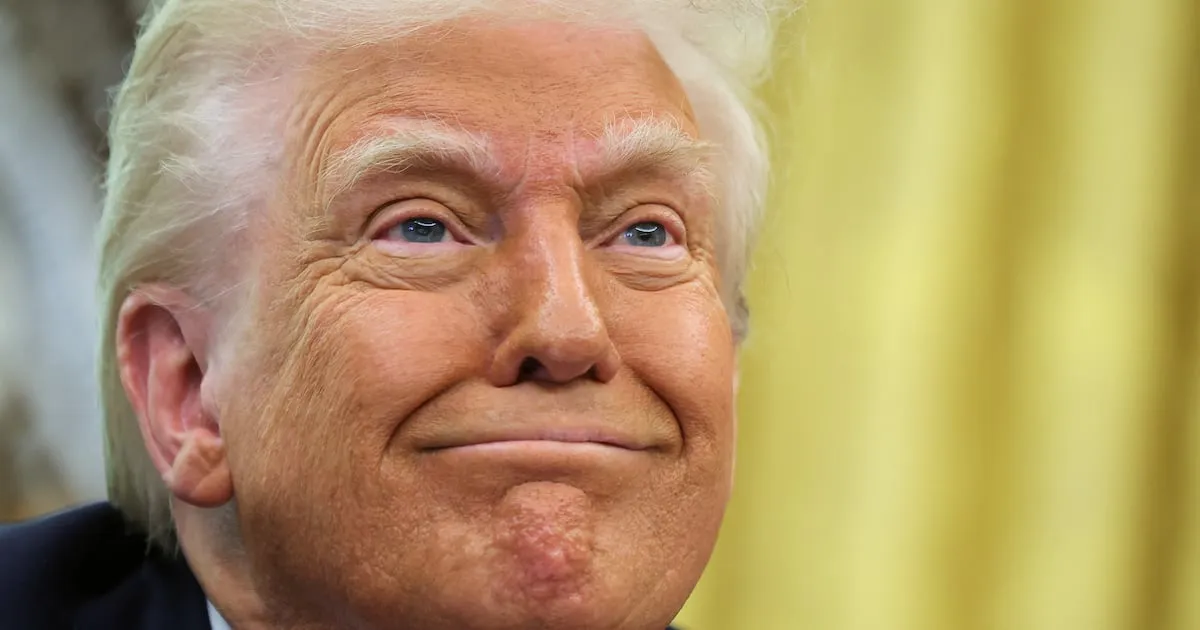
In a recent statement, former President Donald Trump claimed he did not sign a deportation order, despite evidence suggesting otherwise. This assertion has sparked significant debate among political analysts and legal experts, raising questions about the implications of his actions while in office.
According to a CNN analyst, the situation becomes even more complicated if Trump indeed did not sign the deportation orders he is accused of. The analyst pointed out that this could indicate a "big problem" for Trump's administration, as it might suggest a breakdown in communication or protocol regarding immigration policies.
In a related development, a judge has expressed concerns over Trump's use of the Alien Enemies Act. The judge described Trump's approach as "problematic and concerning," emphasizing the potential legal ramifications of such actions. This scrutiny underscores the ongoing legal battles surrounding immigration enforcement during Trump's presidency.
Furthermore, a judge recently grilled the Department of Justice (DOJ) regarding alleged deportations of gang members, labeling the situation as "incredibly troublesome." This criticism highlights the challenges faced by the DOJ in navigating complex immigration laws and the associated public backlash.
Adding to the controversy, reports have surfaced about late-night deportation orders signed "in the dark." This has drawn ire from various commentators, including a judge who voiced frustration over the lack of transparency in the deportation process. Such incidents raise significant ethical questions regarding the timing and manner in which these orders were executed.
The ongoing fallout from Trump's immigration policies continues to generate debate and concern. As legal challenges arise and public scrutiny intensifies, the implications of Trump's actions during his presidency remain a contentious topic. The intersection of law, politics, and immigration will undoubtedly continue to evolve in the coming months.